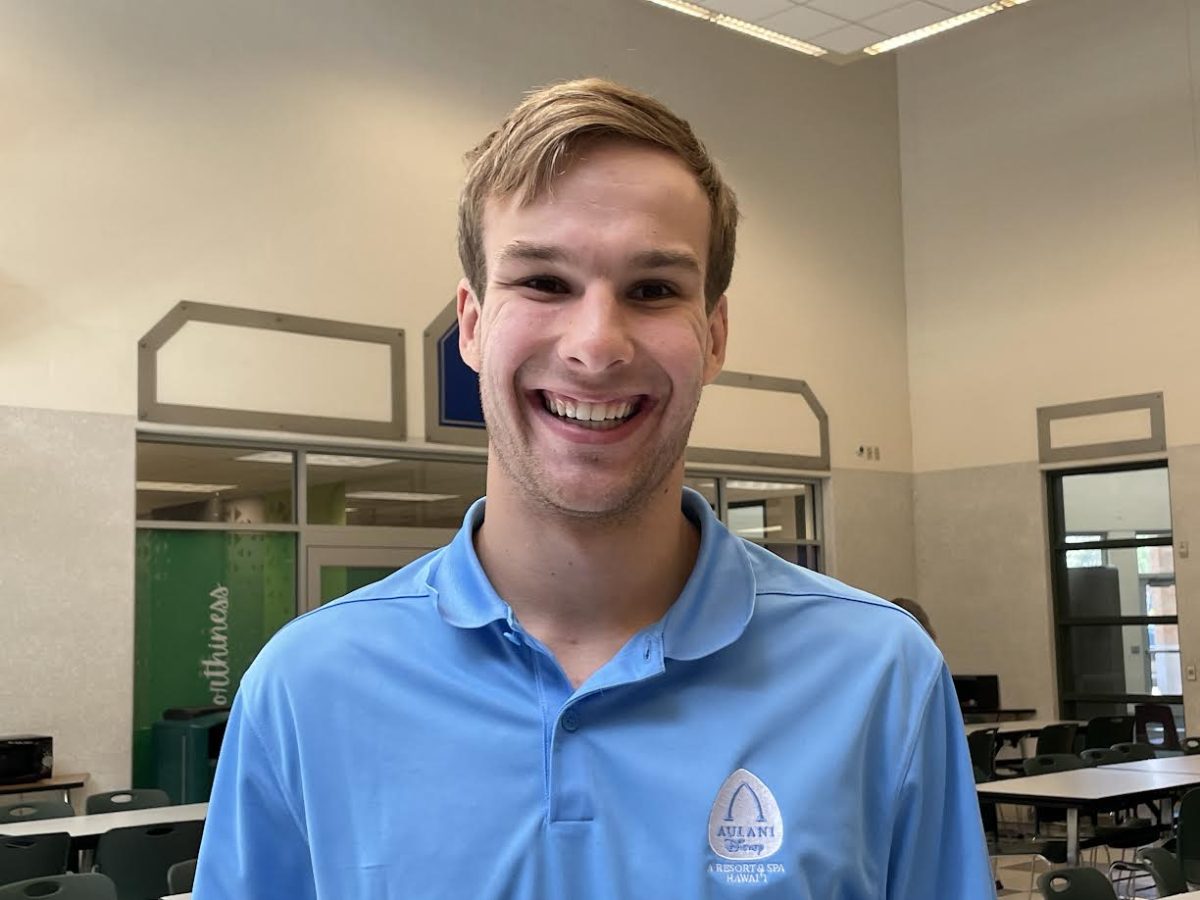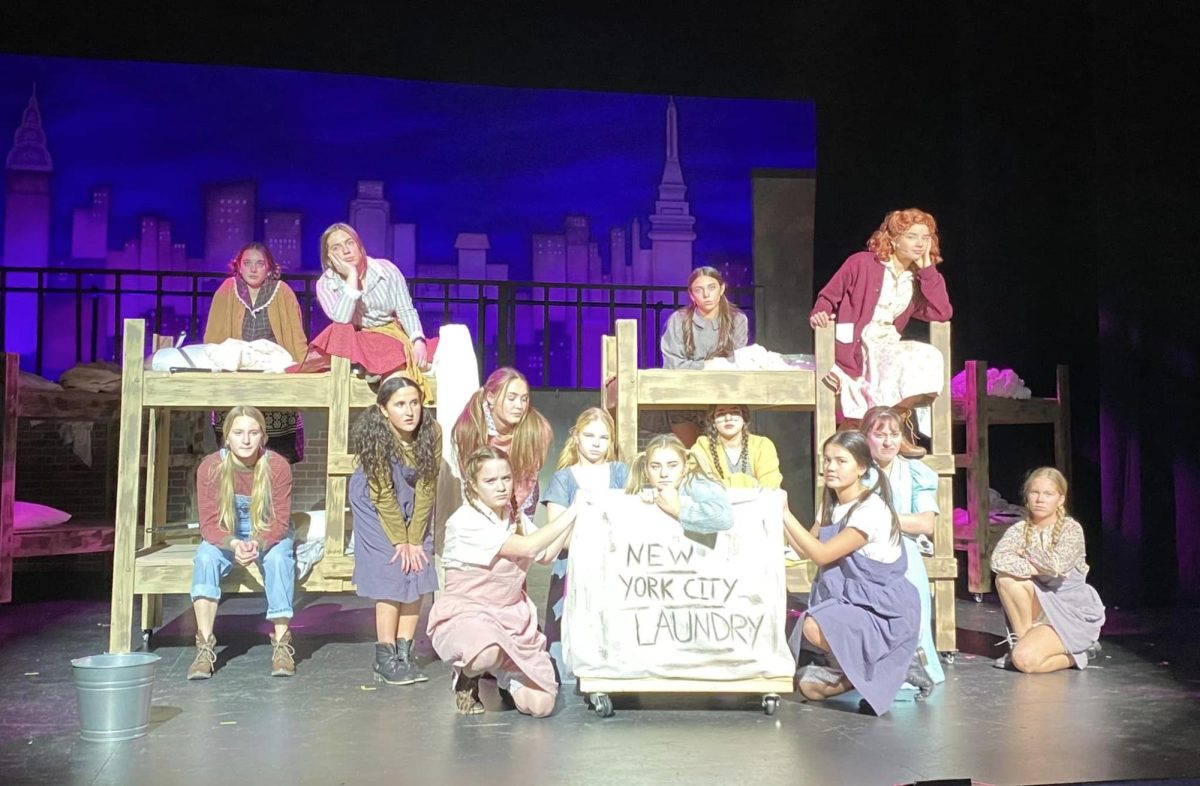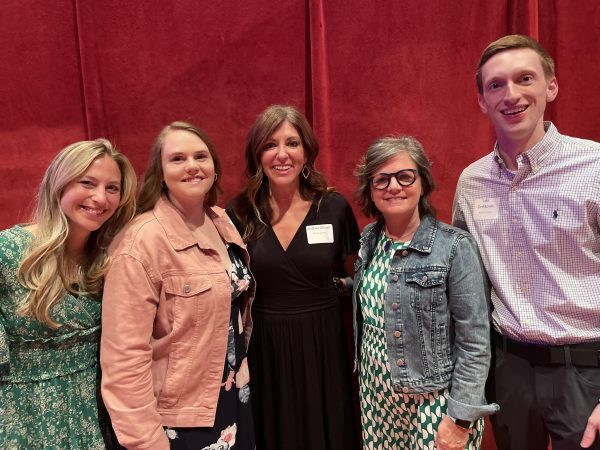Pope Named Time Magazine’s Person of the Year
Pope Connects with People of All Generations
On March 13, 2013, Pope Francis I was elected to take the place of Pope Benedict XVI, who was the first pope in almost 600 years to resign from the position. Now, less than 10 months later, Pope Francis has been named Time Magazine’s Person of the Year.
“For pulling the papacy out of the palace and into the streets, for committing the world’s largest church to confronting its deepest needs and for balancing judgment with mercy, Pope Francis is TIME’s 2013 Person of the Year,” wrote managing editor Nancy Gibbs.
Pope Francis has certainly been able to connect with believers, non-believers and surprisingly, members of younger generations.
Pope Francis @Pontifex has over 10,000,000 followers on Twitter, making him one of the 50 most followed Twitter personalities. He was also named the most talked about person on Facebook, and he even has an Instagram account.
The pope has even had an impact on students at NDA. Senior Maggie Evans looks up to him.
“I think the pope deserves to be Person of the Year because he has been a great role model for all Catholics,” she said. “I personally admire him for all the great work he has done in his nine months as Pope.”
Argentine Cardinal Jorge Mario Bergoglio chose to name himself after Francis of Assisi because the 12th-century saint “is the man of poverty, the man of peace, the man who loves and protects creation,” Pope Francis said.
“Rarely has a new player on the world stage captured so much attention so quickly-young and old, faithful and cynical-as Pope Francis,” Gibbs added.
The selection of Bergoglio is one for the history books. He is the first Jesuit Pope, the first Pope from the Americas, the first Pope from the Southern Hemisphere, and the first non-European Pope since Pope Gregory III 1272 years earlier.
His message has certainly been one of care for the poor.
“Human rights are not only violated by terrorism, repression or assassination, but also by unfair economic structures that create huge inequalities,” he said. “Oh how I would like a church that is poor and for the poor.”
Pope Francis followed through with his message. On the Roman Catholic Church’s World Day of Peace, he criticized the “widening gap between those who have more and those who must be content with the crumbs” and called on nations to narrow the wealth gap.
For his first Holy Thursday as Pope, Francis said Mass and washed the feet of inmates at the church of the Casal del Marmo youth prison on the outskirts of Rome. Pope Francis washed the feet of 12 young offenders in an unprecedented version of an ancient Easter ritual seen as part of an effort to bring the Catholic Church closer to the needy.
His actions preach his message of care for the poor. Pope Francis never lived in the ornate church mansion in Buenos Aires during his time as archbishop. Instead, he preferred a simple bed in a downtown room heated by a small stove.
When he was elected pope, Francis chose not to wear the red shoes made for him. Instead, he wore his black shoes from Buenos Aires.
Besides his care for the poor, Pope Francis has also had an impact with his words. When asked about homosexuals, he responded, “Who am I to judge?”
On the topic of women who have had abortions, he said we must always be aware of the pain these women have been through.
No matter who he is speaking to, Pope Francis’ message is always the same.
“Find new ways to spread the word of God to every corner of the world.”

































